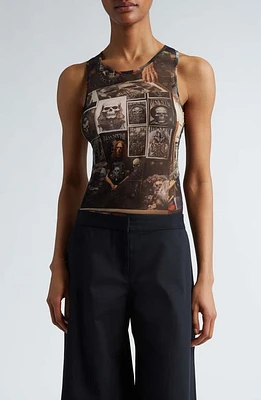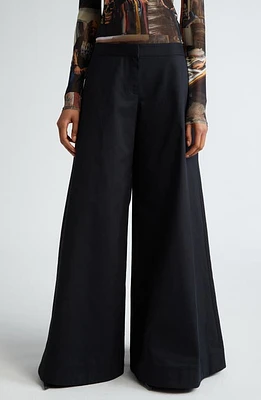Home
Puppets in the Wind
Barnes and Noble
Puppets in the Wind
Current price: $21.00


Barnes and Noble
Puppets in the Wind
Current price: $21.00
Size: OS
Loading Inventory...
*Product information may vary - to confirm product availability, pricing, shipping and return information please contact Barnes and Noble
Poetry. Translated from the German by Stuart Friebert. Karl Krolow was a giant of twentieth century German letters, and made his mark early and often with poems, translations from Spanish, French and English, and criticism. Later, he added prose to his staggering output, which includes a number of volumes of
Selected Poems
(decade by decade), each with a life and mind of its own. Reminding of Virginia Woolf's dictum that a writer must be able to distinguish one day's light from another's, Krolow famously said he didn't write just for readers, but also for "so-called dead objects, landscapes, cities, gardens, streetcorners, animals, the air itself, for stones and their pores, for sadness, and bodily pain." Ranging across many subjects and themes, in a plethora of voices at once abstract and detached, Krolow's language is so concentrated that what is observed becomes intimate, even voyeuristic at times, illuminating basic human wants, needs, and values. Fond of quoting Flaubert, Krolow was intent on eventually "writing a book about nothing," which at the same time would be about everything.
Selected Poems
(decade by decade), each with a life and mind of its own. Reminding of Virginia Woolf's dictum that a writer must be able to distinguish one day's light from another's, Krolow famously said he didn't write just for readers, but also for "so-called dead objects, landscapes, cities, gardens, streetcorners, animals, the air itself, for stones and their pores, for sadness, and bodily pain." Ranging across many subjects and themes, in a plethora of voices at once abstract and detached, Krolow's language is so concentrated that what is observed becomes intimate, even voyeuristic at times, illuminating basic human wants, needs, and values. Fond of quoting Flaubert, Krolow was intent on eventually "writing a book about nothing," which at the same time would be about everything.


















